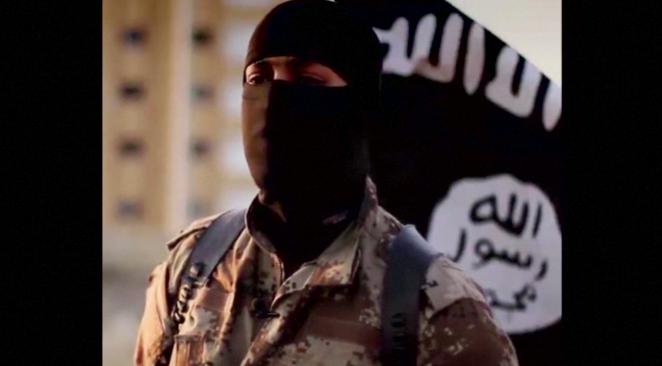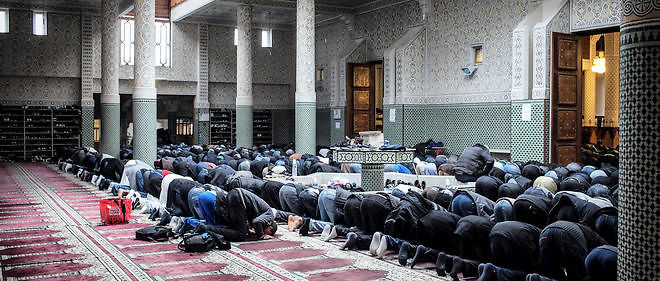Daily newspaper Jyllands-Posten has been forced to hire security guard to protect employees from angry Muslims, after it printed a series of cartoons featuring the prophet Mohammed. Death threats have forced daily newspaper Jyllands-Posten to hire security guards to protect its employees, after printing twelve cartoons featuring the prophet Mohammed. The newspaper has been accused of deliberately provoking and insulting Muslims by publishing the cartoons. The newspaper urged cartoonists to send in drawings of the prophet, after an author complained that nobody dared to illustrate his book on Mohammed. The author claimed that illustrators feared that extremist Muslims would find it sacrilegious to break the Islamic ban on depicting Mohammed. Twelve illustrators heeded the newspaper’s call, and sent in cartoons of the prophet, which were published in the newspaper earlier this month. Muslim spokesmen demanded that Jyllands-Posten retracted the cartoons and apologised. ‘We have taken a few necessary measures in the situation, as some people seem to have taken offence and are sending threats of different kinds,’ the newspaper’s editor-in-chief, Carsten Juste, told national broadcaster DR. The same day as the newspaper published the cartoons, it received a threatening telephone call against ‘one of the twelve illustrators’, as the caller said. Shortly afterwards, police arrested a 17-year-old, who admitted to phoning in the threat. Since then, journalists and editors alike have received threats by email and the telephone. The newspaper told its staff to remain alert, but then decided to hire security guards to protect its Copenhagen office. ‘Up until now, we have only had receptionists in the lobby. But we don’t feel that they should sit down there by themselves, so we posted a guard there as well,’ Juste said. Muslim organisations, like the Islamic Religious Community, have demanded an apology, but Juste rejected the idea. He said the cartoons had been a journalistic project to find out how many cartoonists refrained from drawing the prophet out of fear. ‘We live in a democracy,’ he said. ‘That’s why we can use all the journalistic methods we want to. Satire is accepted in this country, and you can make caricatures. Religion shouldn’t set any barriers on that sort of expression. This doesn’t mean that we wish to insult any Muslims.’ Juste’s opinion was not shared by _rhus imam Raed Hlayhel, who gave an interview to the internet edition of Arabic satellite news channel al-Jazeera to protest the newspaper’s cartoons. Hlayhel told al-Jazeera’s reporter that he considered the cartoons derisive of Islam, and described one of the drawings as showing Mohammed wearing a turban-like bomb, and another as brandishing a sabre, with two burka-clad women behind him. Hlayhel said he did not understand how such illustrations could be printed with reference to freedom of expression, when Denmark did not tolerate the slightest sign of anti-Semitism. Al-Jazeera concluded that the drawings seemed bizarre.
Denmark: Cartoons Have Muslims Threatening Newspaper






